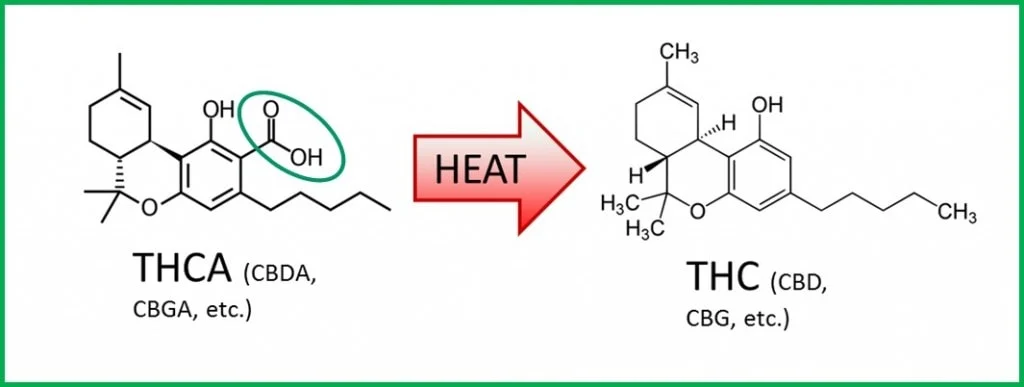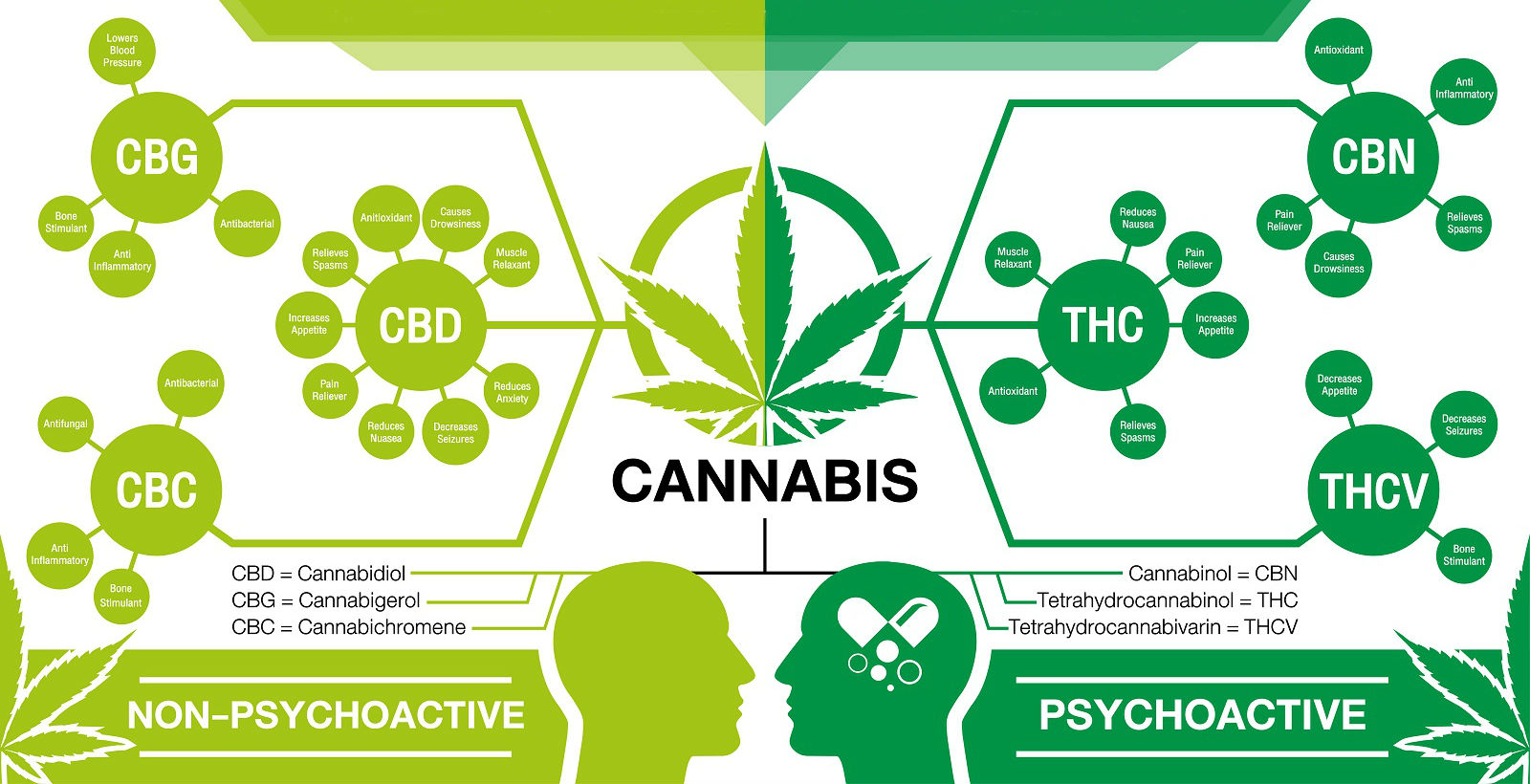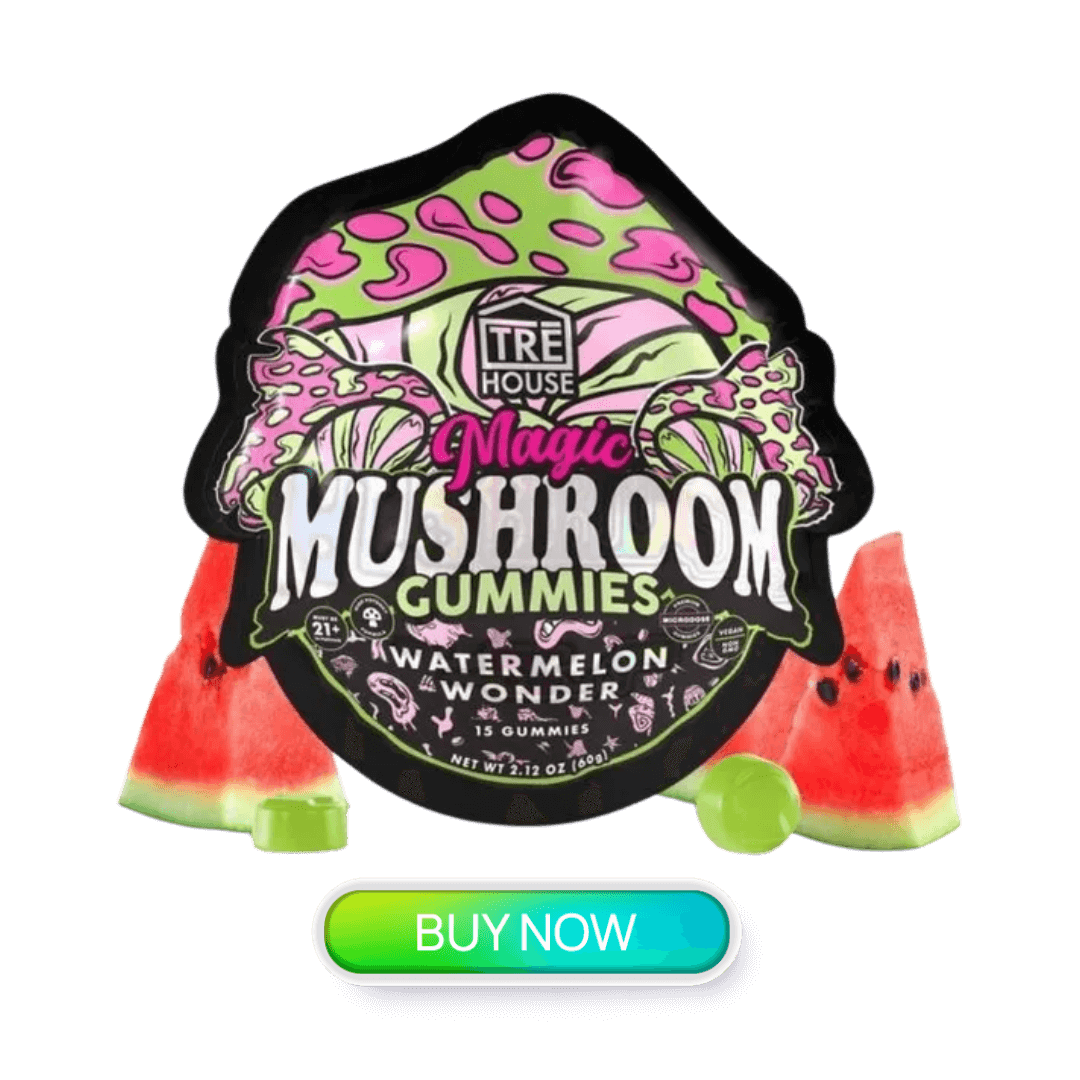Cannabinoids for ADHD Management: A Promising Alternative

Cannabinoids for ADHD symptoms have increasingly gained popularity as many consumers struggle to fill their prescriptions across the nation.
Attention-deficit/hyperactivity disorder (ADHD) stands as a prevalent psychiatric condition, affecting 5% of children and 2.5% of adults globally.
The surge in ADHD diagnoses, up by 42% in children (2003-2011) and 123% in adults (2007-2016) in the United States, underscores the need for innovative therapeutic approaches.
Examine the effects and understand the endocannabinoid system (ECS) and cannabinoids, exploring their potential in managing ADHD symptoms.

Exploring the Link between the Endocannabinoid System and ADHD
ADHD manifests through inattentiveness, hyperactivity, and impulsiveness, often leading to functional impairment in various settings.
Conventional treatments involve a combination of psychological therapies and stimulant/non-stimulant medications.
While stimulants are effective, their adverse effects pose challenges, necessitating the exploration of alternative therapies.
RELATED: Adderall Shortage & Alternatives
Cannabinoids for ADHD: The Bodies Response
The ECS, endocannabinoid system, is crucial for cognitive function and emotional balance and has been implicated in ADHD pathophysiology.
CB1 receptors, especially in brain regions linked to cognitive functioning, can be modulated by endogenous ligands like anandamide (AEA).
Interestingly, the ECS dysregulation in ADHD opens avenues for cannabinoid-based therapies. Soon we may see specific cannabinoids for ADHD management, such as Delta 8 THC.

Cannabinoids in Managing ADHD: Potential Benefits
Phytocannabinoids, THC, and CBD from the cannabis plant have garnered attention for their interaction with the ECS7.
Research has demonstrated THC itself only works categorized as a partial agonist at the body’s CB1 receptors; CBD, a negative allosteric modulator, indirectly enhances AEA levels. Cannabinoids for ADHD symptoms may differ amongst consumers, as individual bodies react differently.
These compounds constitute cannabis-based medicinal products (CBMPs), considered when standard treatments fall short.
Understanding the Role of CBMPs in Improving ADHD Symptoms
The limited clinical evidence on CBMPs and ADHD warrants scrutiny. A placebo-controlled trial on nabiximols showed nominal improvement.
However, broader studies reported mixed findings, with some noting symptom improvements and others cautioning against adverse effects. There is worry amongst some cannabinoids for ADHD may actually worsening the situation due to anxiety or other potential side effects.
Notably, neuroimaging studies hint at structural abnormalities in heavy cannabis users with ADHD.

Bridging the Gap: Insights from the UK Medical Cannabis Registry (UKMCR)
Our exploration extends to the UKMCR, a valuable resource tracking patients prescribed CBMPs for ADHD since 2019.
This uncontrolled case series investigates changes in health-related quality of life (HRQoL) and adverse events among CBMP users, providing unique insights into the long-term effects of cannabinoid therapy for ADHD.
Methods: Unraveling the Study Design
This study employs an uncontrolled case series design, utilizing patient-reported outcome measures (PROMs) at various intervals.
Ethically approved and aligned with STROBE guidelines, the research aims to bridge gaps in understanding CBMP efficacy and safety in managing ADHD.
RELATED: Anxiety Relief Using CBD
Patient Demographics and Data Selection
Examining patient characteristics, including age, gender, and concurrent medications, adds depth to the analysis.
The study utilizes a novel metric, cannabis gram-years, to quantify cannabis use, recognizing its relevance in understanding patient backgrounds.
Outcome Measures: Gauging the Impact
Primary outcomes center on PROM changes, assessing physical, psychological, and social well-being.
Metrics such as GAD-7, SQS, and EQ-5D-5L comprehensively evaluate ADHD symptomatology and overall HRQoL.
Addressing Missing Data and Adverse Events
Methodologically, the study employs the baseline-observation-carried-forward (BOCF) approach to handle missing data, ensuring a robust analysis of CBMP efficacy.
Adverse events, self-reported or identified during follow-ups, are categorized utilizing a system known as the Common Terminology Criteria for Adverse Events v4.0.
Statistical Analysis: Unveiling Patterns
Employing defining statistics and replicated measures one-way ANOVA, data analysis aims to uncover patterns in reported PROMs over time.
The emphasis on the BOCF dataset ensures a balanced evaluation without overestimating effects.
RELATED: Can You Fly with Delta 9 Gummies?
Optimistic Future: Paving the Way Forward with Hemp
In unraveling the therapeutic potential of cannabinoids in managing ADHD, this study endeavors to contribute to the evolving landscape of ADHD treatments.
The insights gained from the UKMCR could herald a new era in understanding the role of CBMPs in improving the lives of individuals with ADHD.
Liquid Diamonds Disposable Vape Pens
Buy Legal Magic Mushrooms Online
Sugar Free Cannabis Gummies
FAQ: Cannabinoids and ADHD
1.) How does the endocannabinoid system (ECS) relate to ADHD?
The ECS plays a role in regulating cognitive function and emotions, and it’s connected to ADHD. The ECS can be affected in ADHD, which may be targeted with cannabinoid-based therapies.
2.) What are THC and CBD, and how do they interact with the body?
THC and CBD are compounds found in cannabis. THC works with certain receptors in the body, while CBD indirectly affects the ECS by increasing the levels of a natural compound.
Both substances have shown potential for helping with ADHD symptoms.
3.) When are cannabis-based products considered for ADHD treatment?
If standard treatments for ADHD don’t provide sufficient relief, cannabis-based products may be considered as an alternative.
These products contain THC and CBD, which could interact with the body in a helpful way.
4.) Is there strong evidence supporting the use of cannabis-based products for ADHD?
The evidence is limited and needs more research. Clinical trials and studies are ongoing to better understand the potential benefits and risks of using these products for ADHD.
5.) Why do we need new approaches for treating ADHD?
The number of people diagnosed with ADHD has been increasing, and current medications can have undesirable side effects.
Exploring alternative treatments, like cannabis-based products, is important for finding better options.
6.) How do researchers study the effectiveness and safety of cannabis-based products for ADHD?
Studies use different methods, including surveys from patients themselves, analyzing the data collected, and tracking any side effects.
All of this information helps researchers understand how well these products work and whether they’re safe.
7.) What do researchers measure to see if cannabis-based products are helping ADHD?
Researchers measure changes in a person’s overall well-being, which includes physical and mental health.
They use various questionnaires and assessments to see how much ADHD symptoms improve and how it affects someone’s quality of life.













